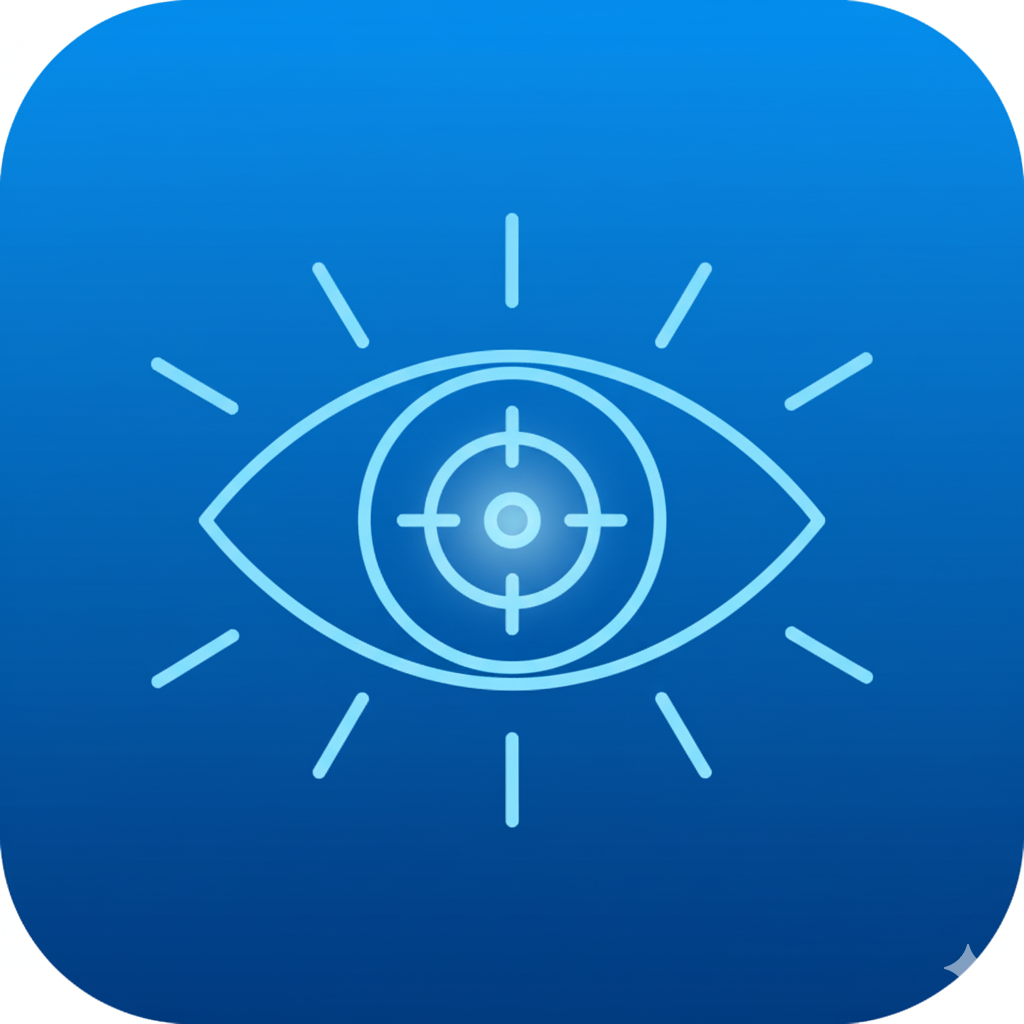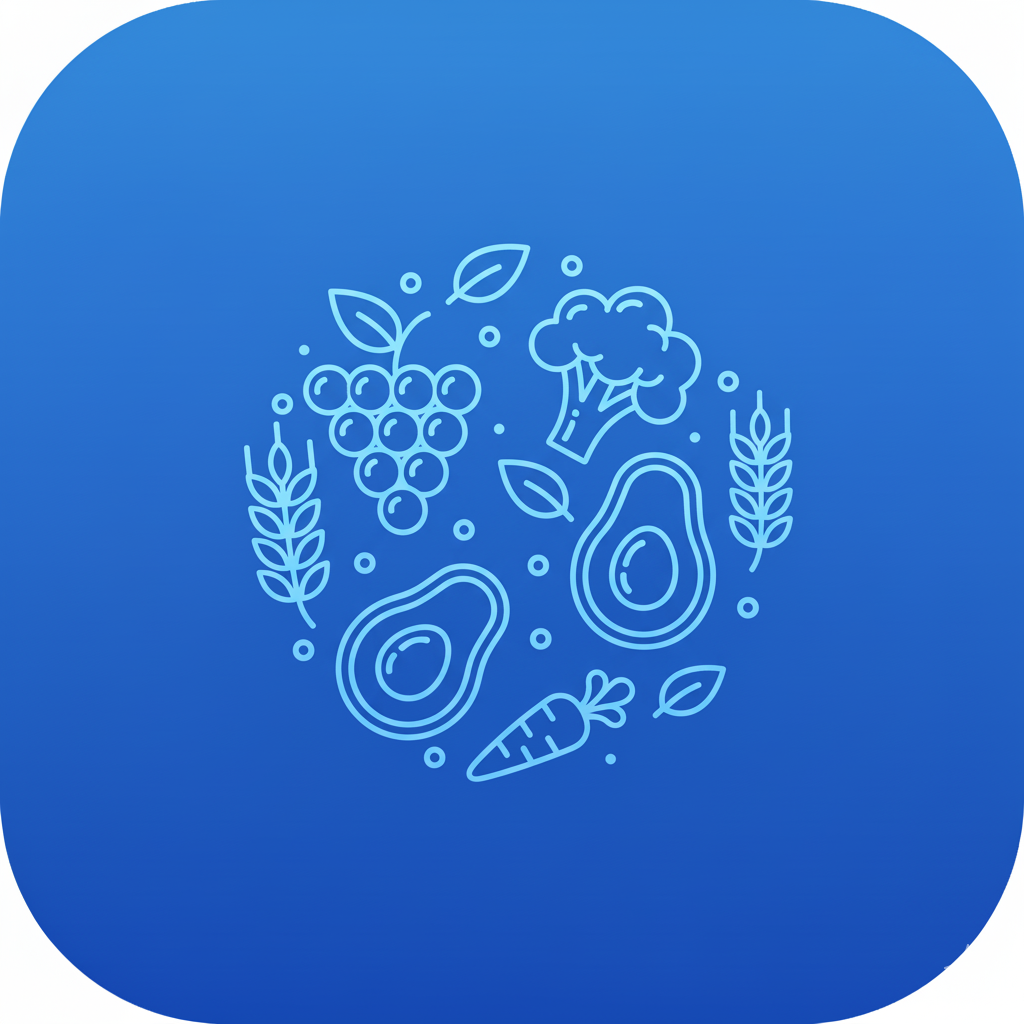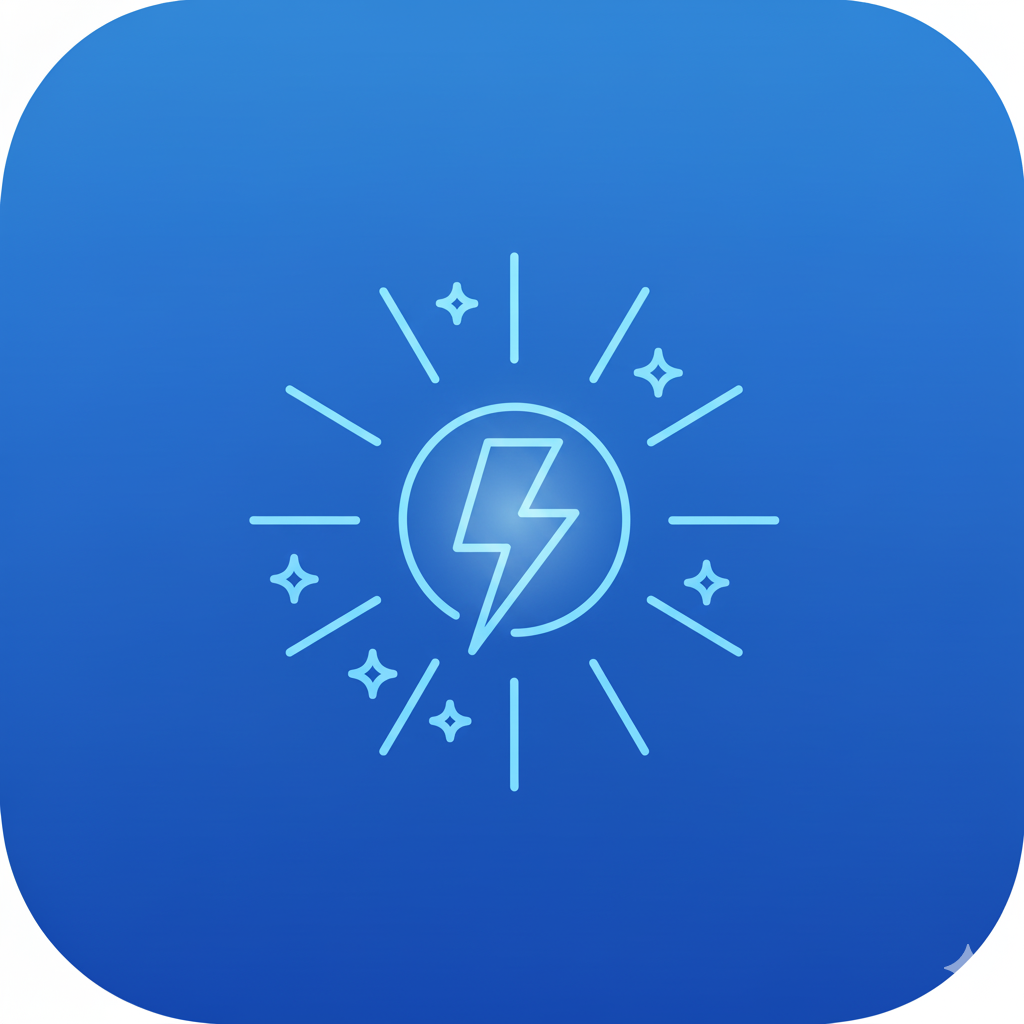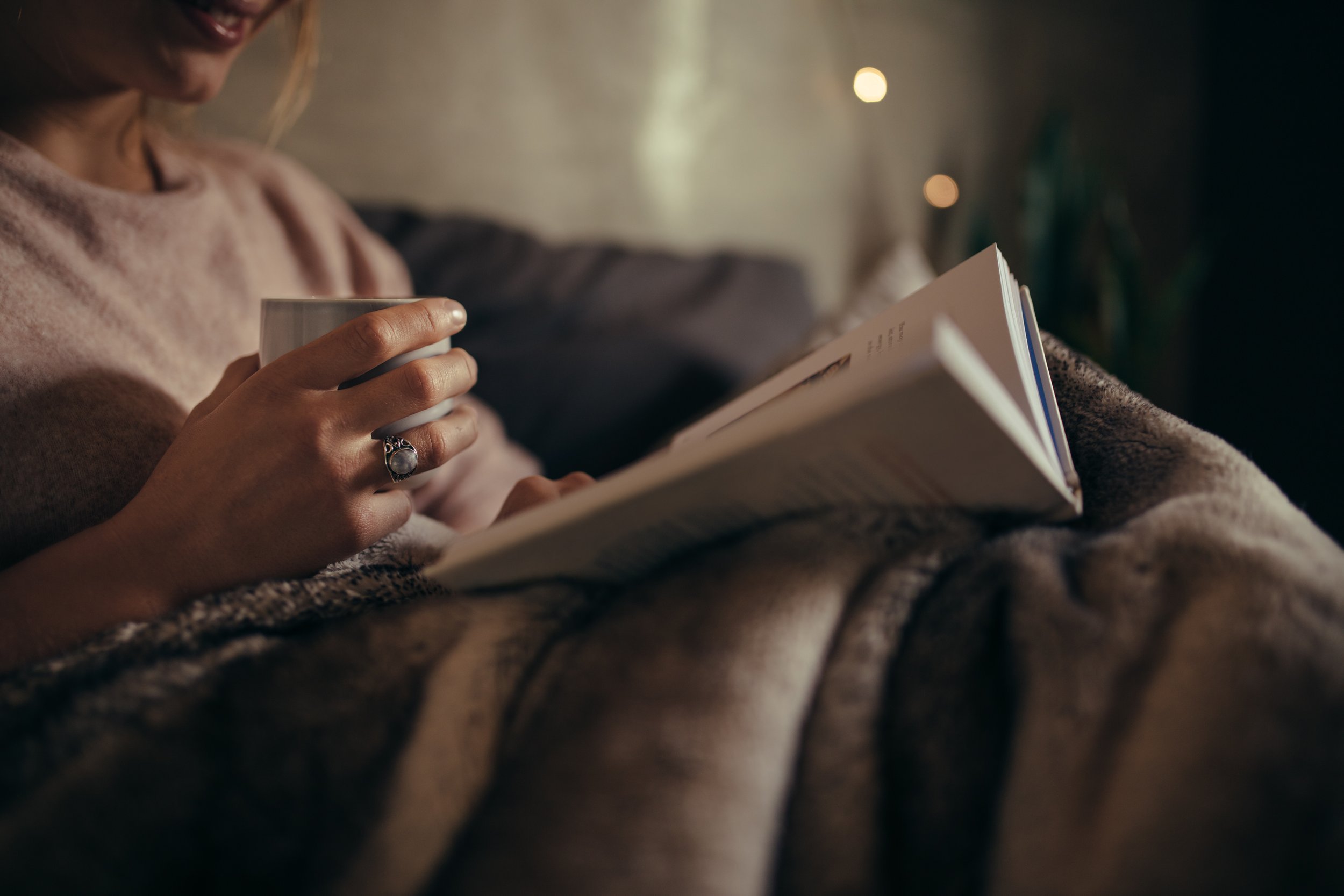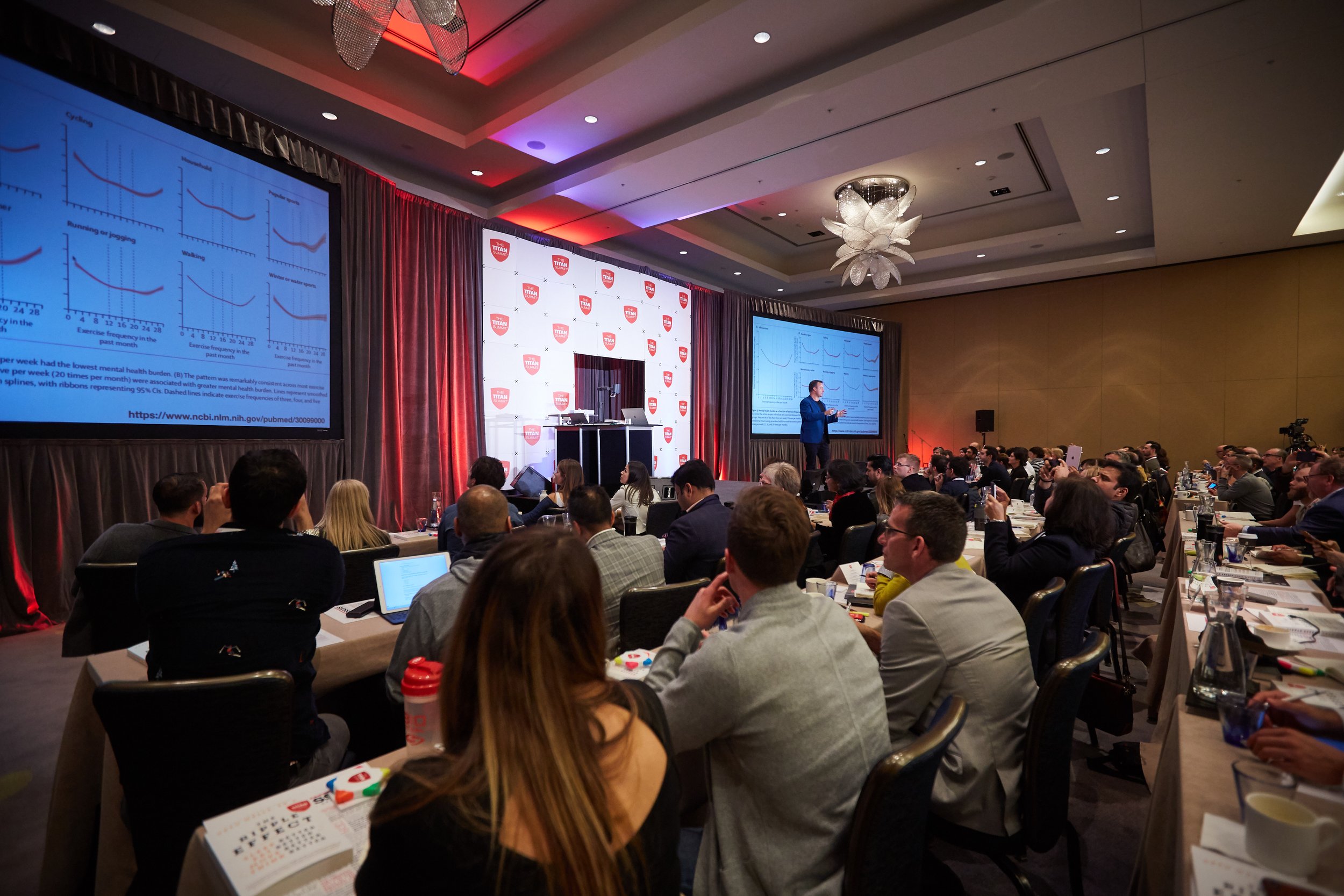
Articles
Do Less, Achieve More: The Science of Strategic Rest
Your best ideas rarely arrive when you’re grinding at your desk. They appear in the shower, on a walk, or staring at the ocean. This isn’t laziness, it’s brain science. Strategic rest might the missing piece in your performance plan.
I Have a Day to Recharge: Comprehensive Recovery for Mind and Body
When you have an entire day to recharge, the possibilities for profound restoration open up. This time allows the body and mind to undergo deeper recovery processes, from muscle rebuilding to memory consolidation.
The Importance of Darkness in a Digital Age
From the time we wake up until we go to bed, most of us are exposed to bright, blue-light-emitting devices. However, this modern-day convenience comes with a significant downside: prolonged light exposure disrupts our natural rhythms and negatively impacts our health. Allowing for darkness and establishing routines that honor our biological need for nighttime can greatly improve our health and well-being.
A Powerful Strategy for Sleeping Soundly
Quality sleep supports the immune system, aids in muscle recovery, and reduces the risk of chronic conditions such as heart disease and diabetes. It also boosts concentration, memory, and problem-solving abilities.
But have you ever had an tough day at work, come home still firing on all cylinders, and then, in the hour before going to bed, found yourself fuming over the day’s events while also planning strategies for the next day?
How can I fall asleep faster and stay asleep?
We think sleep is really important and apparently so do many of you who read this column! Each week in this space many of your submit questions and almost every week someone asks about sleep and specifically how to fall asleep and stay asleep. So, this week I have a few simple tactics you can use to sleep better. Here is the Q&A!
Here are 2 sleep tactics (via research) that help you live longer
This week's blog delves into the critical yet often underestimated role of sleep in reducing mortality and enhancing longevity. Grounded in a comprehensive analysis of the latest research, we explore how quality sleep serves not just as a foundation for optimal physical health, but also as a cornerstone for mental well-being.
Take a Real Vacation to Rest and Recover
During delta brainwaves, our mind and body regenerates. Sleep is when we restore energy levels, repair tissues, remove waste, and recover from a hard workout. Sleep also helps to regulate appetite, consolidate memories, and increase immune function. Pausing to rest during our waking hours gives our bodies and brains the break they need to recharge and sets the stage for getting a deep, restful sleep, in which we can fully recover. One way to do this? Take a vacation. And not just any vacation, a real vacation.
Sleep and the Brain: Memory, Creativity and Problem Solving
I’m sure you’ve noticed on days you don't get a good sleep, you struggle to concentrate, are unable to recall facts, and find it difficult to solve problems. It’s also well established that students’ academic performance is correlated with sleep quantity and quality. But what exactly is happening at night that helps us think clearly the next day?
Wash your brain while you sleep
This week we’re going to focus on another incredibly important function of sleep: removing waste. For all metabolic processes that occur in your body, there is an associated waste. The lymphatic system works with the circulatory system to clear this waste. Lymphatic vessels collect waste from your cells and dump it into the blood to be disposed of to keep your body clean and healthy. But how does the brain dispose of the waste that it accumulates during the day?
Do blue light filters actually work?
In previous newsletters, we’ve discussed the dangers of exposing your eyes to light before bed. Due to our circadian rhythm (our internal biological clock), we naturally feel sleepy at night as the pineal gland releases melatonin, the sleepy hormone. When we expose our eyes to light, a signal is sent from our retina to our brain telling it to stop producing melatonin. Basically, we’re telling our body that it’s daytime instead of nighttime. This can cause an increase in sleep latency (the time it takes to fall asleep), sleep inertia (drowsiness when you wake up), and an overall reduction in sleep quality. This is why it's incredibly important to dim lights at night and keep your bedroom as dark as possible.
Sleep to Move and Move to Sleep!
If you’ve been with us for a while or participated in any of our programs, you’ll know that one of our main principles is how connected the body is. Sleeping well leads to better eating habits. Proper nutrition allows you to exercise more efficiently. Better physical health leads to better mental health. All of these lifestyle factors are interconnected and by improving one aspect of your health, you can improve the others and amplify your performance. This is what we call the ripple effect.
The Link Between What you Eat & How you Sleep
As you know, sleep is one of the key pillars for physical and mental health. Sleep affects every system in your body. Sleep is important for focus, immune function, and mood. Sleep is when we repair tissues, remove waste, and restore energy levels. When we get enough sleep we just feel awesome!
Are naps good for you?
One of the questions we get a lot is ‘Are naps good for you?’ The short answer? Yes. Provided you do it right. Have you ever woken up from a nap and felt worse than you did before your nap? This is called nap inertia. The reason this happens isn’t because naps are bad per se. This is because you’re napping for the inappropriate amount of time. It all comes back to sleep cycles, which we discussed a few months ago. But just in case you missed it, here is a recap.
Biohacking your Sleep Cycles
A few months ago we discussed the importance of maintaining a regular circadian rhythm. Your circadian rhythm is your internal biological clock, which regulates everything from your mood, to your hormones, to when you feel tired and hungry during the day. If your circadian rhythm is off (for example when you’re jet lagged or not sleeping at a consistent time every night), this can lead to insomnia, fatigue, loss of appetite, and decreased physical and mental performance
Sleep Hygiene
Sleep is important for restoring energy levels, repairing tissues, regulating appetite, and improving mental clarity. Everything falls apart if you’re not sleeping properly. With many people back at work or school, at least for the time being, sleep is often put on the back burner as you’re getting used to a new schedule. However sleep should be prioritized now more than ever! Why? Because sleep is also so important for immune function.
Sleep to Succeed
Your circadian rhythm is your internal biological clock which regulates everything from sleep, eating patterns, mood, hormone regulation, and energy levels during the day. Disruption to your circadian rhythm can lead to insomnia, fatigue, loss of appetite, depressed mood, and decreased physical and mental performance. This is particularly apparent when you are jet lagged - I’m sure you’ve all experienced how bad that can be!
It starts with sleep
Besides decreasing the risk of numerous chronic diseases, sleep helps to regulate appetite, improves mood and mental clarity, and increases immune function (which is particularly important right now!). Bottom line - sleep is essential for your mental and physical health and performance.
A magic tactic for sleep and recovery: Defend your last hour
My primary advice to ensure world-class sleep is to defend your last hour. To do so, I developed a comprehensive pre-sleep protocol.
Here are three tactics you can use:



